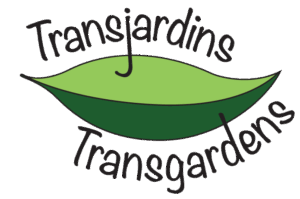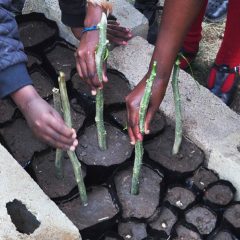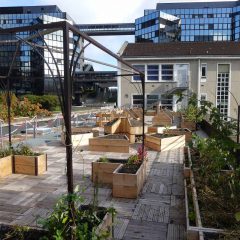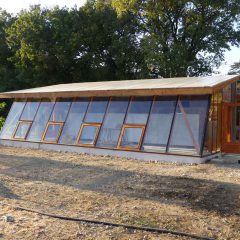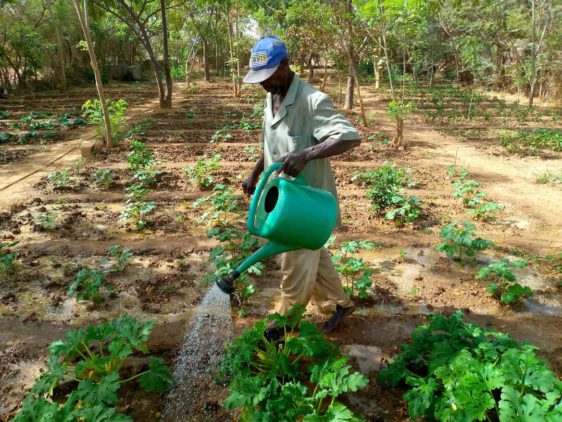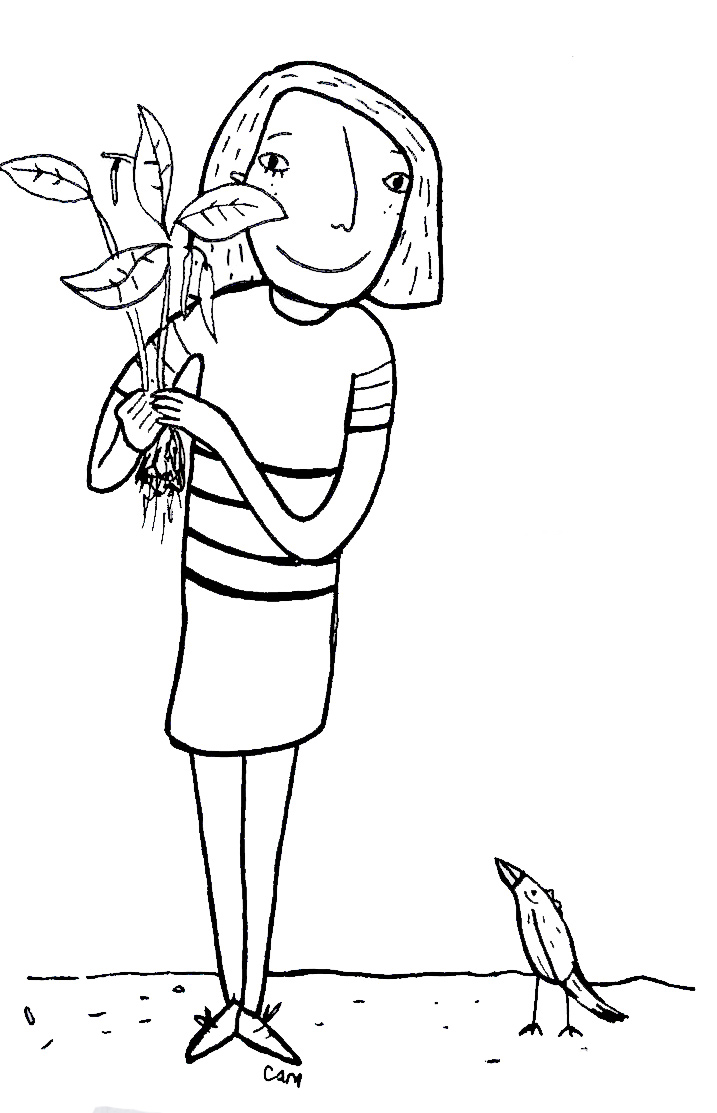
Intensive agriculture, which was developed in the 20th century, characterized by the high use of chemical inputs, and the use of land as an element that must be maximized, has deeply weakened the environment. Moreover, it is now known that pesticides have a real impact on human health. This is why we are now seeing the emergence of different forms of agriculture that respect human and natural practices. Sustainable agriculture thus encourages the promotion and practice of an economically viable, healthy agriculture for a socially fair environment. It meets today’s needs (healthy food, quality water, employment and quality of life) without jeopardizing natural resources for future generations.
Among these approaches organic agriculture includes a large number of environmentally friendly practices. However, cultivating organic does not prohibit the use of certain chemical inputs and uses that are close to conventional agriculture…
Agroecology aims to establish sustainable food systems, while operating an ecological management of natural resources. Beyond practices such as composting, no-till or associations of crops, this mode of production takes into consideration better use of water, the fight against erosion, and reforestation.
Permaculture goes beyond a simple ecological farming system. This approach includes all aspects of daily life and connects all elements, including human beings, with each other. An important role is given to the design of the garden, which is created after a long period of observation and in which the different parts are placed so as to optimize the available resources, the space and the movements.
Agroforestry refers to practices involving trees, crops and/or animals. The presence of trees within the plots not only brings about a diversification of production, but also helps growing conditions, by participating in their protection, soil fertility, or the deployment of biodiversity.
